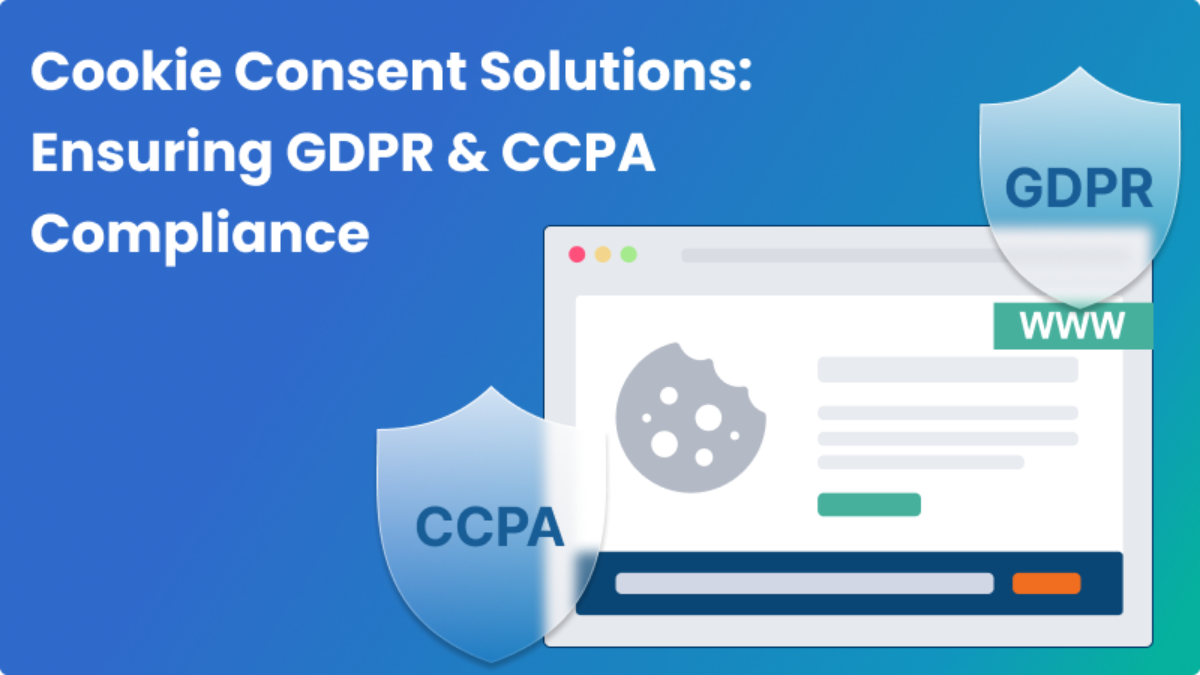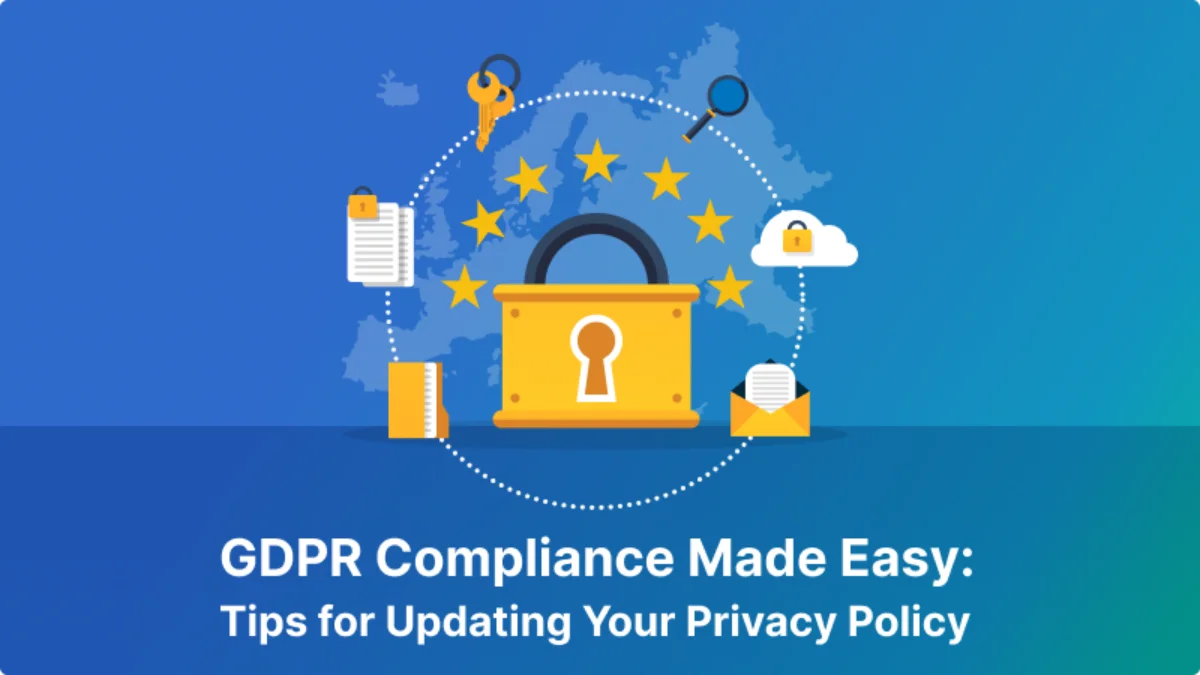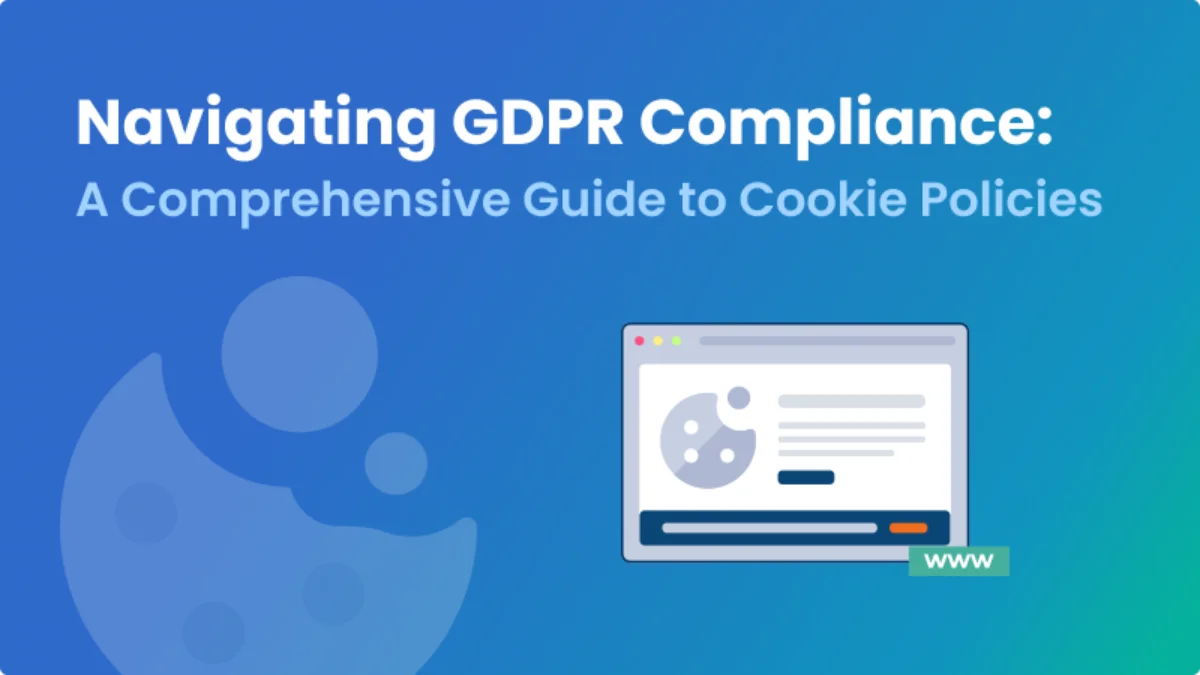EU GDPR Compliance for Small Business Owners

EU GDPR Compliance For Small Business
The GDPR (General Data Protection Regulation) is applied to all businesses, including GDPR compliance for Small Business & sole traders, processing individuals’ personal data in the EU. Even small businesses must comply if regularly processing personal or sensitive overseas data. If a small business has over 250 employees, GDPR compliance is mandatory, necessitating the designation of a data protection officer (DPO).
Small businesses maintaining a database of customers, employees, and/or business partners must comply with GDPR.
The one certainty of the GDPR is that compliance will be a complex, business-wide initiative that spans people, processes, technology – and data.
Key steps in complying with GDPR
Achieving GDPR compliance for small businesses involves crucial steps. The process begins with comprehensive data mapping, creating an integrated view of collected personal data: See the following steps in detail for sole traders GDPR compliance.
Data Mapping
The first critical step in data privacy is creating an integrative view of your systems and the personal data you have collected, transferred, and retained.
Analyzing Information Security
The next step for small businesses is to conduct a data security risk assessment that reveals any vulnerabilities and weaknesses in your physical, technical, and administrative processes that need to be patched to avoid a data breach.
DPIA and PIA
DPIA’s or Data Protection Impact Assessments needed to be carried out before any new processing starts, ensuring privacy by design—a key GDPR concept. It examines any risks to data subjects, emphasizing the importance of data protection for companies in any new data processing
Data Subject request
These rights may lead to a significant increase in requests from data subjects in the European Union. Businesses and organizations must ensure they possess the right setup and staff to deal with them.
Data Breach Notification
It is mandatory under EU GDPR to notify a data breach to appropriate data protection authority within 72 hours of becoming aware of the event and to notify all the affected individuals immediately after you discover a breach.
Complying with GDPR for sole traders not only ensures legal adherence but also fosters trust with customers.
Risks Involved with GDPR Compliance For Small Business
Severe Penalty
The most talked-about consequence of violating GDPR, including GDPR for Small Businesses, is the hefty penalty, potentially reaching millions of dollars. Non-compliant businesses may face a cost of €20 million or 4% of the business’s annual turnover, whichever is higher. In addition to financial penalties, data protection regulators can order a business to cease processing.
Reputational Damage
What happens if a company does not comply with GDPR is not just limited to financial penalties; it extends to potential harm to the company’s image and trustworthiness. Many organizations may be overlooking the fact that the reputational damage from non-compliance of GDPR compliance requirements could be more costly than the GDPR fines themselves. Some of your competitors likely use GDPR compliance as a competitive advantage to position themselves ahead in the marketplace.
Summary
From a sole trader to a multi-national corporation, every organization needs to observe how they process personal data, whether they are a Controller or Processor, and make sure the processes and policies are in place around personal data. There must be measures to facilitate data access requests and procedures to identify and report a data breach. Putting in place appropriate technical and organizational measures to keep data safe and secure is the key.
How Mandatly’s Compliance Software Helps in Data Privacy
Mandatly Privacy Management solution helps you automate and implement an effective GDPR compliance program for small businesses and sole traders.
- Controller and Processor’s Checklist: Designed to help you assess your gaps with data protection legislation as a Controller or Processor.
- Assessment Based on your Processing Style: Whether it be direct marketing, use of CCTV or specific areas of information, cybersecurity policy or risk, mobile or home working, removable media, access controls or malware protection, assessing your prevailing compliance, the risk involved, and the requirement of the legislation is a just a step away with our assessment templates.
- PIA/DPIA Assessments: Bundled with intelligence to uncover and mitigate the privacy risks associated with the processing of personal data. (Article 5,24,32 and 35)
- Data Inventory and Mapping: Achieve full visibility over the personal data throughout your organization and maintain a record of data processing activities. (Article 30)
- Data Discovery: Discover personal data automatically using the API integration within various data sources, predefined questionnaires to get visibility on data transfer. (Article 45-49)
- Data Subject Rights (DSR): End-to-end DSAR fulfillment solution with automated identity verification and data discovery to fulfill the subject request timely, securely, and efficiently. (Article 12-23)
- Enforce privacy by design: Execute ‘Privacy by Design’ assessments for the newly executed projects associated with applications, products, services, or other changes related to your business processes. (Article 25)
- Analytics: Reporting features built into the system to get a holistic view of the compliance program for different stakeholders.
Mandatly offers a wide range of products and solutions, including data inventory, automated procedures for handling DSAR, PIA/DPIA assessments, etc., in software specially designed to comply with various ongoing and upcoming data privacy laws GDPR, CCPA, LGPD, etc.
FAQs
The General Data Protection Regulation (GDPR) protects individuals’ data privacy and security within the EU. It applies to any business that processes the personal data of EU residents, regardless of the business’s size or location. This means even small EU-based businesses or those targeting EU customers must comply.
Yes! Non-compliance can lead to hefty fines and damage your reputation. Building trust with customers and legal operation rely on GDPR compliance.
- Transparency: Be clear about what data you collect, how you use it, and who you share it with.
- Lawful basis: Have a legal justification for collecting and processing personal data.
- Data minimization: Collect and store only the minimum amount of data necessary.
- Individual rights: Respect individuals’ right to access, rectify, erase, restrict, and object to their data processing.
- Security: Implement appropriate technical and organizational measures to protect personal data.
- Record keeping: Maintain records of your data processing activities.
- Conduct a data audit to identify all personal data you hold.
- Review your privacy policy and update it accordingly.
- Consider appointing a data protection officer (DPO) if processing significant amounts of data.
- Utilize compliance checklists and templates.
- Limited resources: Small businesses may have less time, budget, and expertise for compliance.
- Complex requirements: GDPR requirements can be complex and challenging to understand, and often exceeding the feasibility of manual processes and procedures.
- Keeping up with updates: GDPR is constantly evolving, requiring ongoing effort.
Report data breaches to the relevant authorities within 72 hours and notify affected individuals. Implement measures to contain the breach, investigate the cause, and prevent future occurrences.
Yes, there are several tools and software solutions such as Mandatly Privacy Management suite available to help small businesses comply with GDPR. These can automate tasks, provide guidance, and automate manual processes saving time and resources.

















